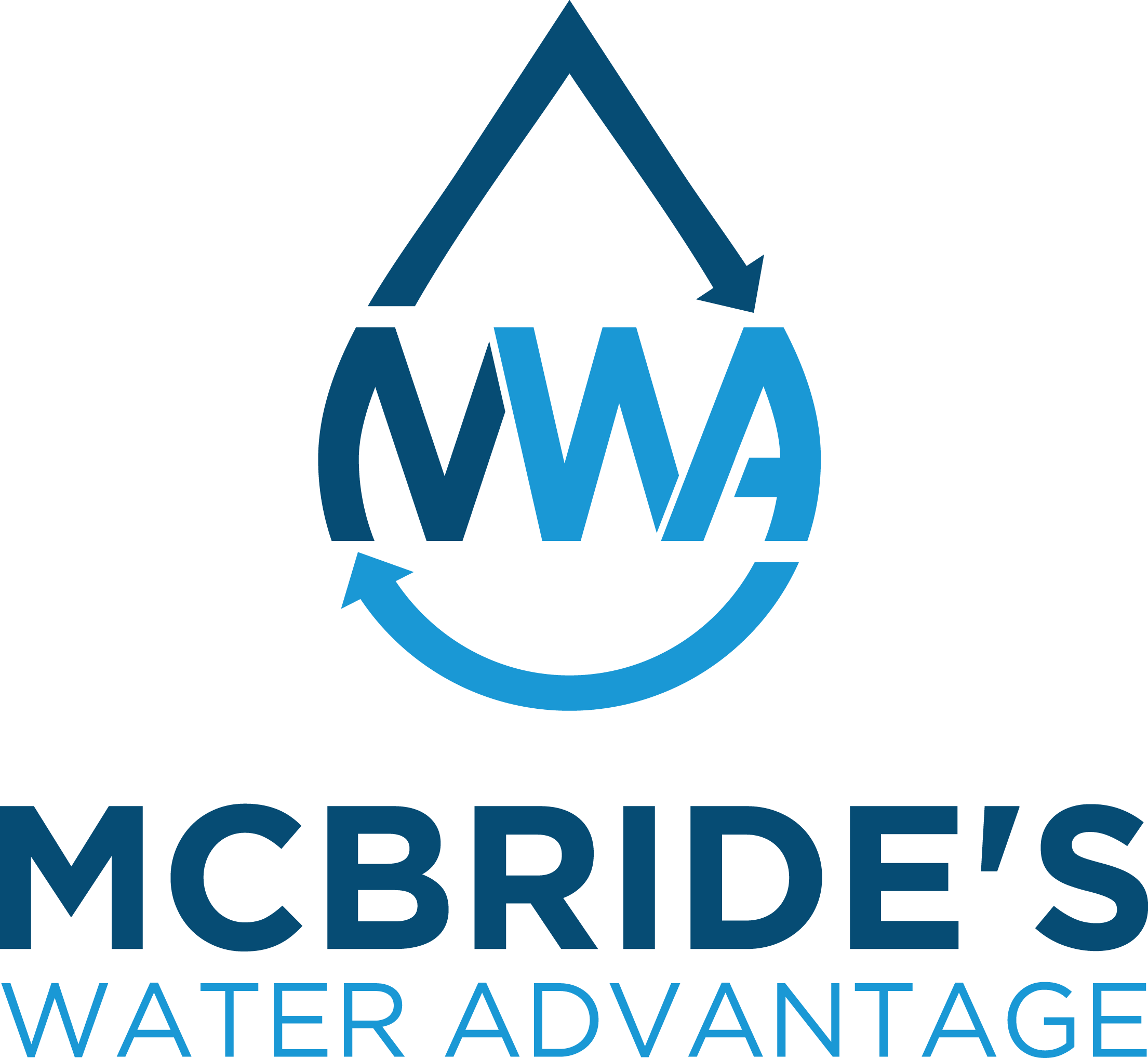 Hard water is one of the most common water quality issues in New Hampshire. Although hard water is not a health hazard like some other water contaminants, it can cause all sorts of problems in your home. These problems extend everywhere from your kitchen to your bathroom to your laundry room and more. Today we’re going to talk about the effects of hard water in your home and how installing a water softener can defend against them!
Hard water is one of the most common water quality issues in New Hampshire. Although hard water is not a health hazard like some other water contaminants, it can cause all sorts of problems in your home. These problems extend everywhere from your kitchen to your bathroom to your laundry room and more. Today we’re going to talk about the effects of hard water in your home and how installing a water softener can defend against them!
Effects of hard water on your New Hampshire home
- Reduced water pressure and clogged pipes. The minerals found in hard water accumulate inside of your home’s pipes over time. As the minerals buildup, they restrict the amount of space that’s available in your pipes for water to flow through, which can reduce your home’s water pressure. Eventually, hard water can completely clog some of your pipes and prevent water from reaching some of your fixtures.
- Limescale buildup on your home’s surfaces. Limescale is a white, crusty substance that builds up on any surface that hard water comes into contact with, including your sinks, faucets, showerheads, bathtubs and more. Not only is limescale ugly, but it can also be very hard to remove.
- Reduced water heater efficiency. Hardness minerals tend to settle at the bottom of water heater tanks, which puts a layer in between your water heater’s heat source and the water inside of the tank. This makes it much harder for your water heater to do its job, and it will have to work harder and consume more energy to compensate. That’s why the water heating bills in homes with hard water tend to be much higher than the bills in homes with soft water.
- Less effective soaps and shampoos. Hard water does not lather well with soaps and shampoos. As a result, the cleaning products you use in the shower become less effective. Not only does showering in hard water make your body less clean, but it can also dry out and damage your hair.
- Dry skin. The minerals in hard water can clog up your pores, which will dry out your skin. This is especially problematic for anyone who suffers from skin conditions like eczema. Showering in hard water can also make your skin feel itchy and irritated.
- Damaged appliances. Hardness minerals coat the inside of your water-using appliances, which makes them less effective and can cause major clogging. In addition to being a nuisance, this reduces the lifespan of many of your water-using appliances, including your dishwasher, washing machine and coffee makers.
- Spotty, streaky and cloudy dishes. When dishes are washed in hard water, they tend to look cloudy and have many streaks and spots. In addition, since hard water does not lather well with cleaning products like dishwasher soap, your dishes will not come out as clean as they would if they were washed in soft water.
- Less effective washing machine. As with body soap, shampoo and dishwasher soap, hard water does not lather well with laundry detergent. When you wash your clothes in hard water, they come out less clean and their fabrics can be damaged.
Install a water softener to prevent the effects of hard water
A water softener will remove hardness minerals from your water as soon as the water enters your home. As a result, your home’s pipes and appliances will all be protected from the effects of hard water. After installing a water softener, you’ll enjoy better showers, cleaner dishes and clothes, limescale protection, smoother skin, longer-lasting appliances and less expensive calls to the plumber.
If you have any questions about the effects of hard water, or if you’d like a water system serviced or installed in your home, contact McBride’s Water Advantage, your water softener and water filtration system dealer in Epsom, NH. We provide service all over New Hampshire, including towns like Northwood, Deerfield and Alton, NH.
photo credit: clawzctr via photopin (license)
